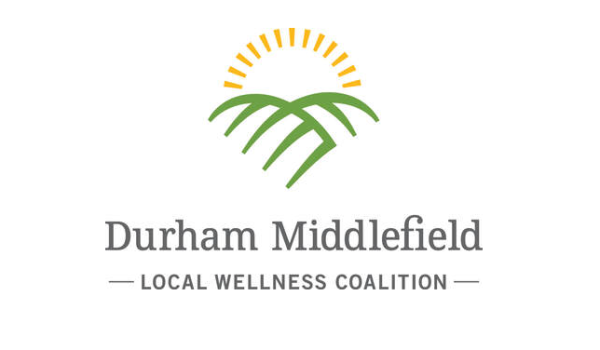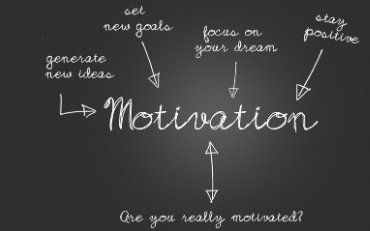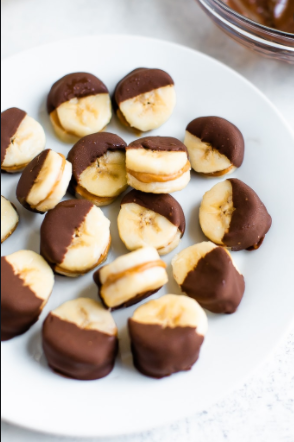Is Your Diet Holding You Back from Staying Afloat in COVID Times?

Without any need for an introduction, many of us can agree that COVID-19 has immensely impacted our diets for better or worse. The fortunate some have found more “self-care” time to invest more effort into their health through cooking their own meals and completing at-home workouts. On the other hand, the majority of us find it hard to stick to our usual routines or at least improve what we already have in terms of staying in good health. Several factors play into this—stress, isolation, and a general lack of excitement—that prevent us from working on our health.
The stress caused by the looming pandemic over our heads alone can veer someone off of their track. Combined with little to no social interaction, stress can make us feel lethargic and overall unwilling to make an effort. Our goals, financial, social, and physical, dwindle away as our minds are filled with worry and exhaustion, and with those goals, our health.
The difficulties this health decline reveals in our day-to-day lives may be evident through weight gain/loss or undesirable reactions seen on one’s skin, but they also encroach on our well-being in subtle, invisible ways. With poor diets, our mental health takes a similar decline to our bodies. As we eat fast food and sugary products and carb-filled goods, we become more susceptible to mental illnesses like depression. In fact, a Missouri State Medical Association study of over 10,000 college students uncovered the cruciality of a well-rounded diet: those who most closely maintained a Mediterranean diet, constructed with fish, vegetables, fruits, nuts, and whole grains, had a 42% reduced risk of developing depression. This kind of pattern is seen throughout any healthy diet.
What this means for the rest of us is that diet is even more important than what your high school health classes emphasized because it goes beyond your appearance. Eating healthy allows the important bacteria to thrive and consequently improve the production of neurotransmitters. These are the biological chemical messengers that communicate the happenings in our bodies (such as the familiar dopamine and serotonin, the “feel-good” and “happy” ones). When our healthy bacteria thrives, this production becomes faster and clearer, making communication easier between your body and brain. This reaction regulates one’s mood so there are fewer fluctuations and increased consistency.
So, assuming most would like to hypothetically reach this goal of a healthier diet, how can we realistically achieve that? If we have been trying since the start of quarantine or even years before, what makes it likely that we will be able to have a strong diet when we are already confronted with obstacles like vulnerability to anxiety and depression?
We can start with the basics. Before jumping into a detox tea promoted by models or appetite-suppressing lollipops (which unbelievably do exist, and yield no results), start by analysing your shopping trips. Before throwing items into your cart, construct a list before you go so you can look at it from the perspective of someone else not driven by the sight of cheetos and ice cream. Make sure you concentrate on achieving a list combining foods you like and foods that are good for your health, compromising and crossing over whenever necessary or possible. Take a moment when you’re buying your groceries to make careful considerations on what choices will benefit you most in the long run. Gradually cut out the more tempting, unhealthy foods one by one while focusing on being patient with your progress.
On another note, take advantage of your time at home. Because you have so much alone time, switch out twiddling your thumbs for cooking. Whether it be by following a recipe or getting creative, this engages your understanding and awareness of what you are putting into your body far more than ordering at a drive-through. Make food something to enjoy, from the preparation to the eating.
No one promises that dietary revision is an easy task, and if they do they are definitely lying, but it impacts your life in more ways than one. To make it easier, consider tracking your meals, observing your success in small steps and realising how far you have come each week. Another fun way to keep yourself on the right path is to have a friend do this with you, building each other up along the way. There is no negative consequence for trying and failing a couple times, even in those periods that seem to only last for a couple days will make your body thank you. Over time, your mood and energy will become more balanced and eating healthier won’t seem like such a chore. Take it step by step, know you have your optimal pace. Never give up on your own determination before it gets a chance to shine, you might just make the best out of this lockdown and come out feeling better than you did going in.





